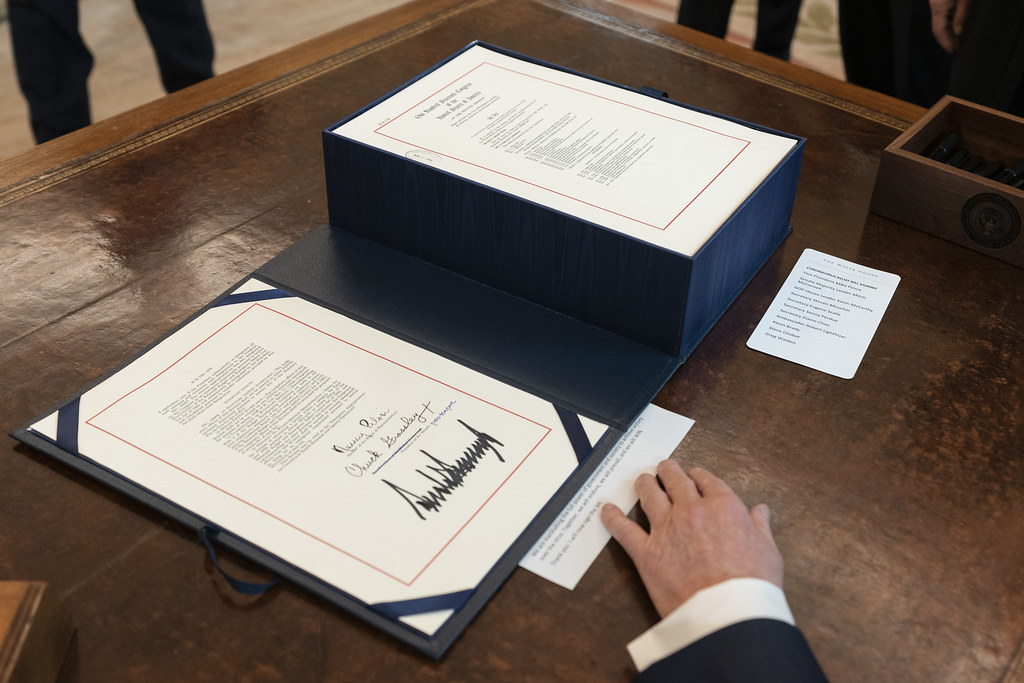Visa has introduced a groundbreaking Online Analytics Dashboard aimed at demystifying stablecoin data by offering streamlined, comprehensible insights. This initiative underscores Visa’s commitment to enhancing the transparency and accessibility of stablecoin information across various blockchains.
Unveiling the Online Analytics Dashboard
Visa’s new service was launched with the intention of cutting through the complexity commonly associated with stablecoin data, which, despite its availability, often requires significant interpretation to be useful, particularly when compared to traditional financial metrics. Cuy Sheffield, Visa’s Head of Crypto, emphasized in a recent blog post that the real-time nature of stablecoin data belies the complexity involved in its interpretation and comparison with conventional financial activities.
Sheffield points out that the “noise” in stablecoin data often stems from its varied use cases. Activities like arbitrage, liquidity provisioning, and market making, performed by smart contracts or “bot programs” in decentralized finance (DeFi) sectors, differ fundamentally from traditional settlement processes. Visa’s dashboard addresses this by filtering out inorganic or bot-driven activities to present a more accurate view of stablecoin transactions:
“For instance, when adjusting for bot activities, the transfer volume for the last 30 days dramatically reduces from $2.65 trillion to $265 billion.”
Accounting Differences and Visualization
Sheffield also highlighted how stablecoin transactions are accounted differently from traditional financial transactions. For example, a simple conversion from USDC to PYUSD on Uniswap is recorded as double the actual volume due to the mechanics of blockchain transactions. Visa’s analytics approach corrects this by considering the actual consumer transaction volume.
The dashboard currently covers data on major stablecoins like USD Coin (USDC), Tether (USDT), PayPal USD (PYUSD), and Pax Dollar (USDP) across nine blockchain platforms, providing valuable insights through detailed charts and graphs. However, it does not include data on off-chain transactions.
Visa’s involvement with blockchain technology extends beyond analytics. In 2023, Visa launched a project aimed at mainstream adoption of public blockchain networks and stablecoin payments, signaling its deep commitment to integrating blockchain technology within its vast payment network. This includes supporting stablecoin transactions directly and facilitating crypto withdrawals through partnerships with platforms like MetaMask.
Furthermore, Visa has actively participated in global blockchain initiatives, including collaborations with the Hong Kong Monetary Authority and pilot projects exploring the use of central bank digital currencies and tokenized deposits.
Potential Implications and Future Outlook
The introduction of Visa’s stablecoin analytics dashboard is poised to provide both retail and institutional investors with clearer insights into the stablecoin market, potentially influencing investment strategies and market movements. As stablecoin usage continues to grow, tools like Visa’s dashboard are crucial for stakeholders seeking to understand and navigate this evolving landscape.
Visa’s continued investment in blockchain technology and stablecoins, including its exploration of CBDCs, positions the company at the forefront of financial innovation, leveraging new technologies to enhance the scalability, efficiency, and security of global financial transactions.
Visa’s Online Analytics Dashboard represents a significant step forward in the financial industry’s approach to handling and understanding complex cryptocurrency data. By providing a clearer picture of stablecoin transactions, Visa not only supports enhanced market transparency but also promotes a more informed and cautious approach to crypto investment and utilization.










